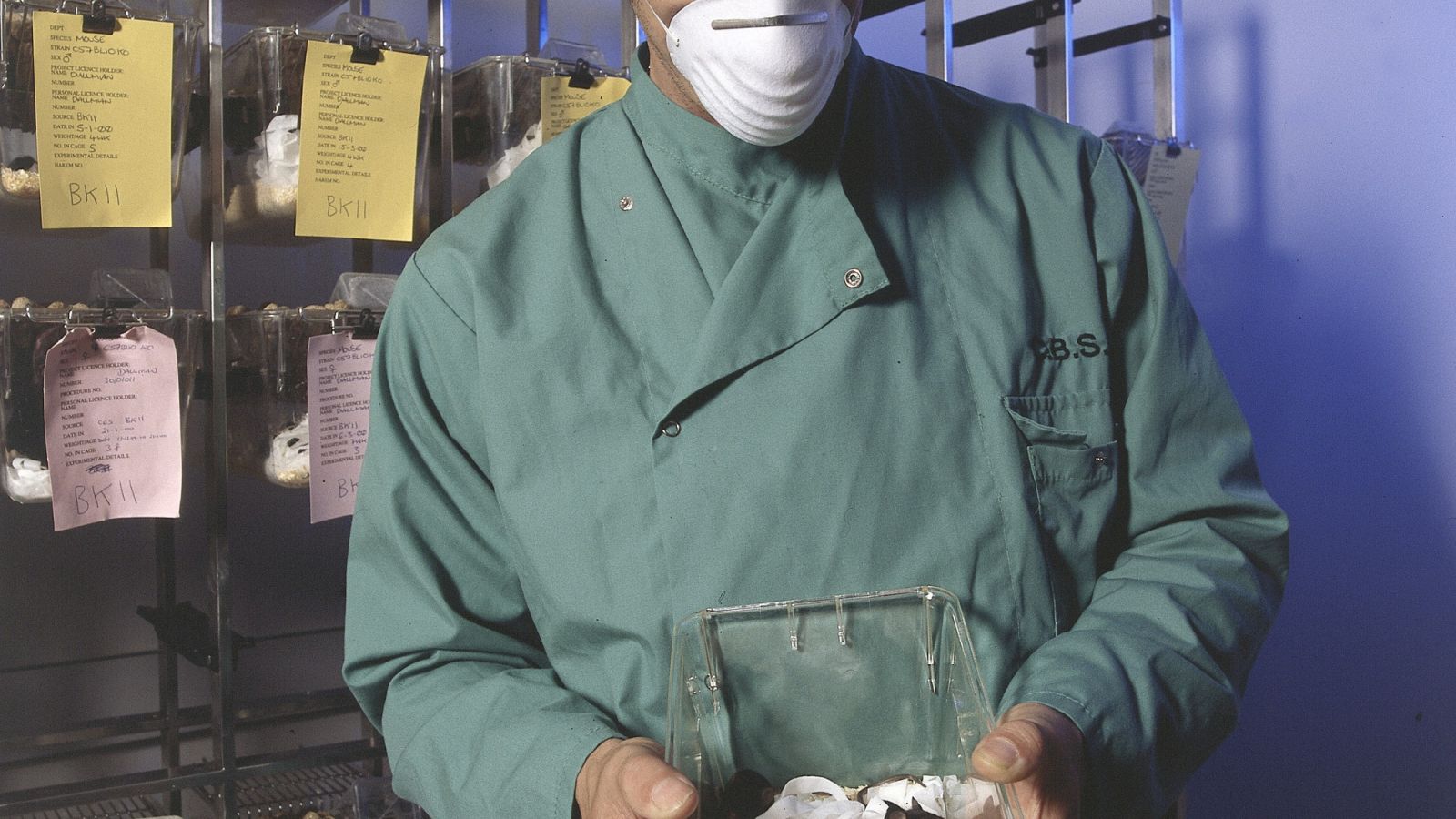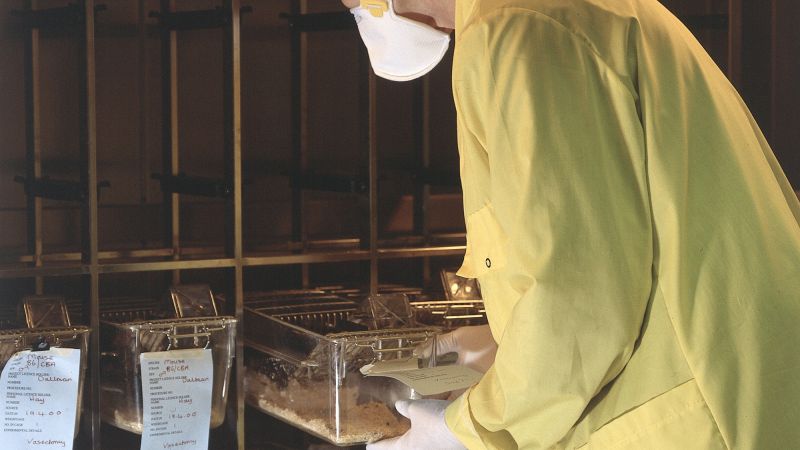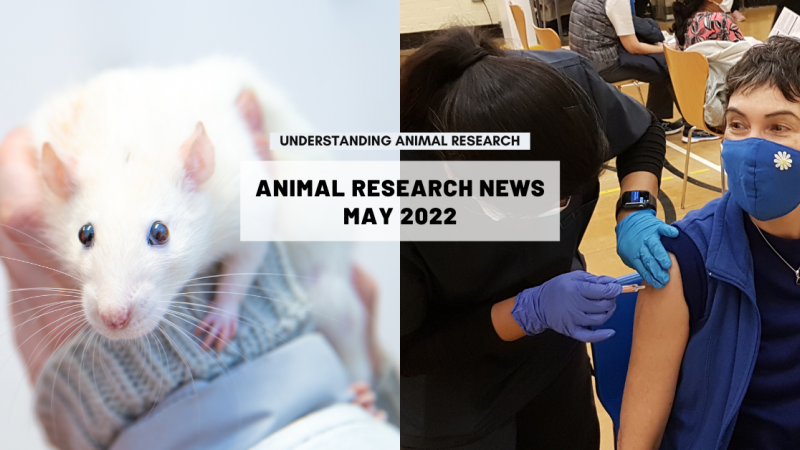
Text to go here...
There is growing evidence that low levels of an enzyme called monoamine oxidase A (MAO A) causes antisocial behaviour and aggression in both humans and mice. Recent work using genetically modified mice has revealed the neuro-receptor responsible for the behaviour and shown that it is possible to prevent the aggression by blocking the receptor, raising the possibility of a new treatment.
Researchers have found that a receptor called NMDA in the prefrontal cortex of the brain remains active for longer in the aggressive mice with low MAO A levels. Crucially, the prefrontal cortex controls many aspects of behaviour, including aggression. A chemical that blocks the NMDA receptor reduced aggressive behaviour in the mice when added to their blood stream, without affecting normal movement. The team believe that their findings could form the basis of a future treatment for pathological aggression.
Behaviour is affected by a complicated mix of genetics and external influences, such as neglect during childhood. The team’s work on mice also showed that low levels of MAO A alone are not enough to cause severe pathological aggression and that stresses are also required. Nonetheless, determining the biological mechanisms that underlie some aggressive behaviours and finding ways to block them is a significant step forward. A treatment for aggression could help people with a range of psychological conditions including Alzheimer’s disease, autism and schizophrenia, for whom aggression is a side-effect of deeper mental problems.
Last edited: 11 March 2022 15:57



